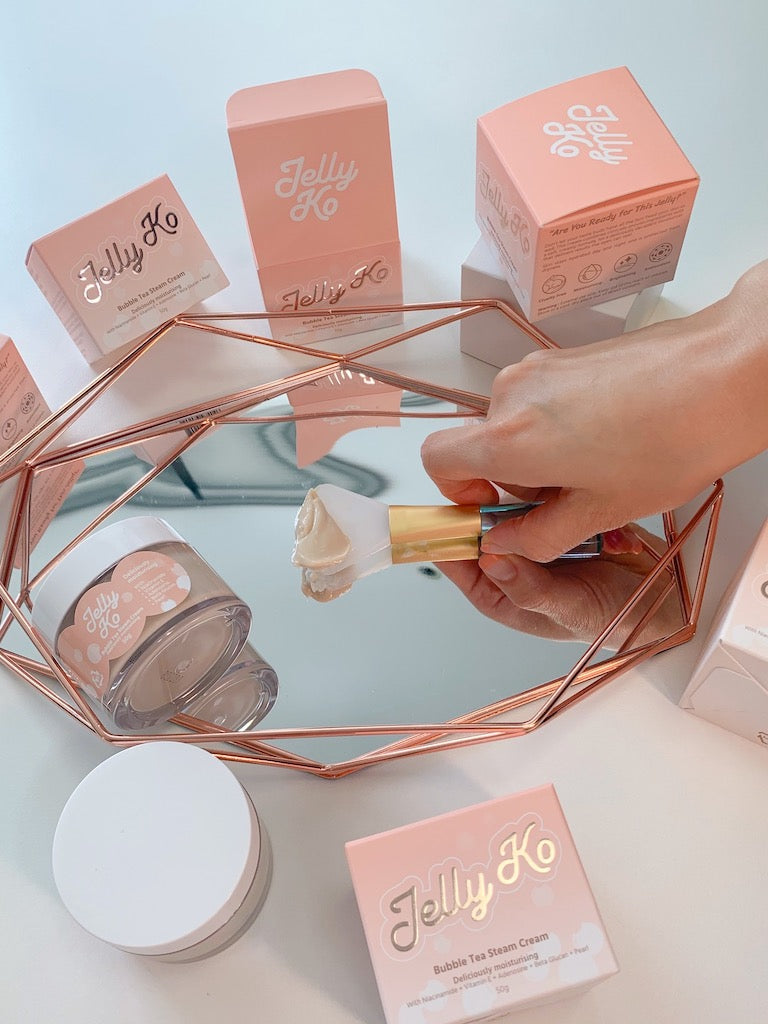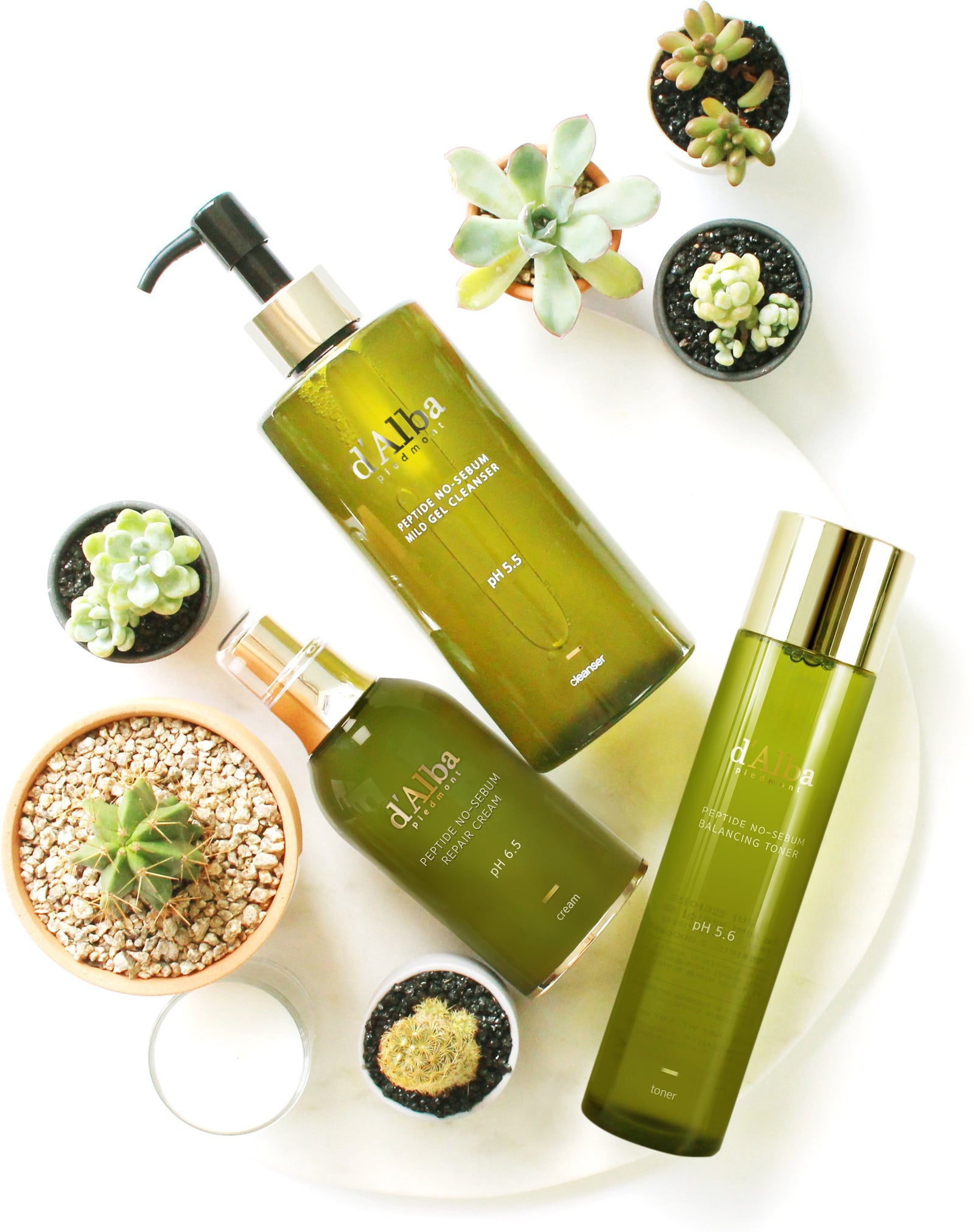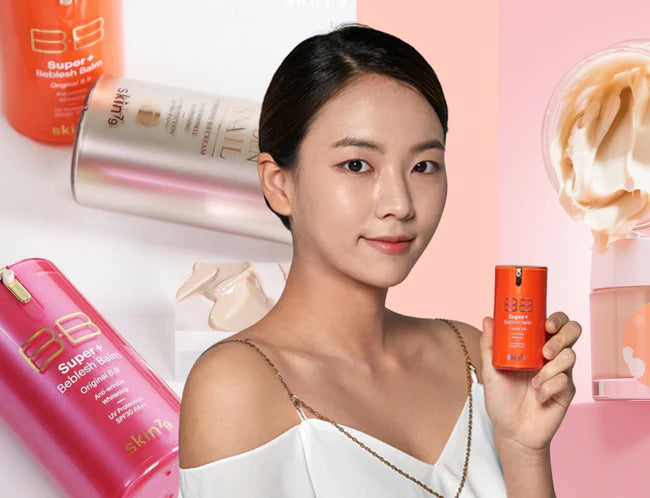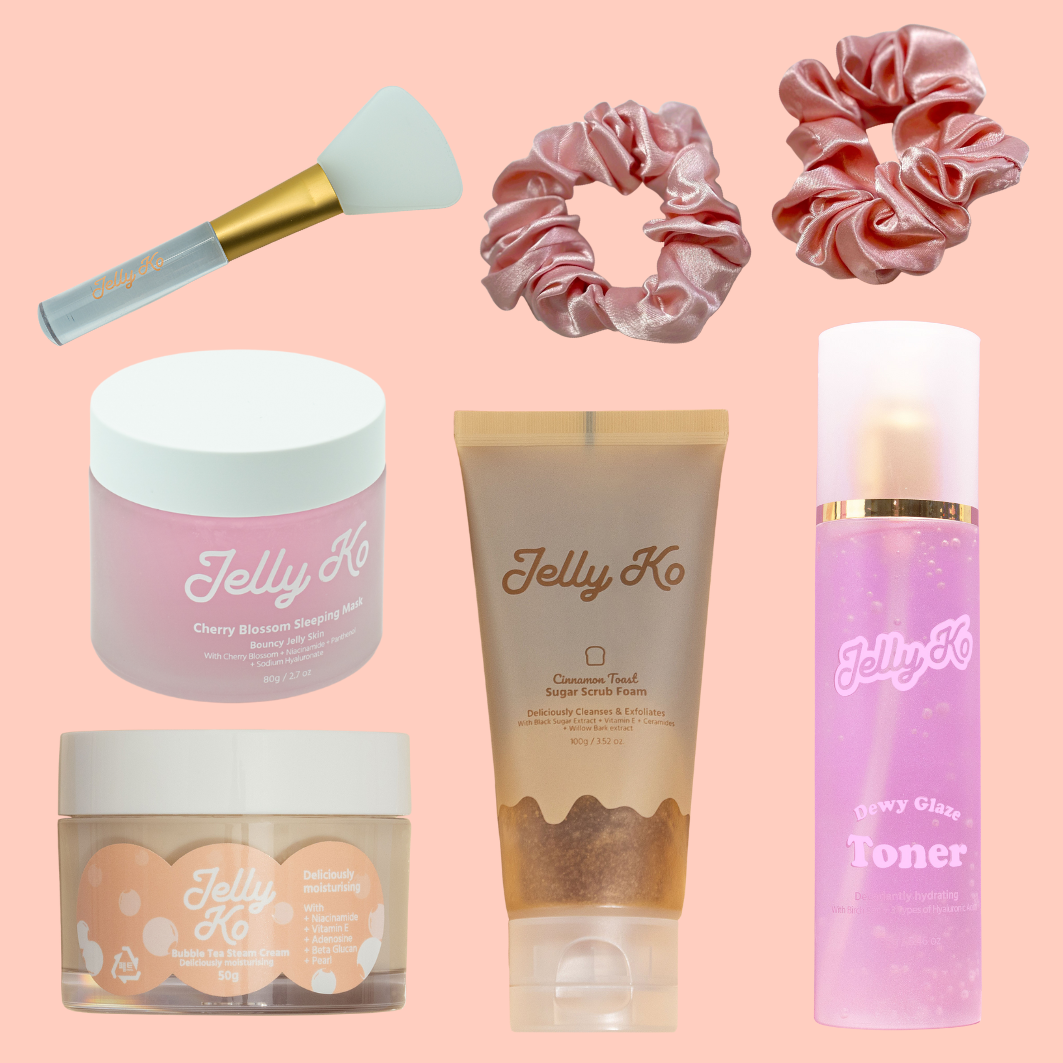Last month to shop K-Beauty on STYLE STORY. We’re moving to K-Beauty consultancy. Details
Menu
Key Ingredient Trends in the Korean Beauty Market Part 2
December 20, 2023

Key Ingredient Trends in the Korean Beauty Market Part 2
On this episode of the Korean Beauty Show podcast, Lauren wraps up her assessment of the key ingredients that have shaped the Korean Beauty Market in 2023. If you missed Part 1 (plant-based ingredients) tune in here. This is Part 2.
CONNECT WITH ME
My Instagram: www.instagram.com/lauren.kbeauty
Shop Kbeauty: www.stylestory.com.au
Style Story’s IG: www.instagram.com/stylestory_kbeauty
TikTok: https://www.tiktok.com/@stylestory_kbeauty
Jelly Ko’s IG: www.instagram.com/jellyko_official
Facebook: www.facebook.com/stylestory.au
Website: www.thekoreanbeautyshow.com
Stay up to date with the latest K-Beauty : https://stylestory.com.au/pages/free-gift-signup
Find Your Perfect K-Beauty Product Quiz: https://stylestory.com.au/tools/perfect-product-finder/find-your-perfect-k-beauty-product#/
EPISODE SUMMARY
2023 has seen a return of high-powered active ingredients, including things like retinol, collagen and peptides. In addition, Korea continues to develop novel ingredients for brightening the skin that act as replacements for pure Vitamin C, such as Yuja.
Key Ingredient Trends in the Korean Beauty Market Part 2 - Yuja
Yuja is a citrus fruit that’s popular in East Asia. It is trending in skincare in Korea because it's packed full of natural Vitamin C. This makes Yuja an ideal skin brightening ingredient.
You'll often find it in products designed to target dark spots and dull skin, as well as post-acne marks.
K-Beauty Yuja Products To Try
Hanyul and SOME BY MI both run Yuja lines.

Key Ingredient Trends in the Korean Beauty Market - Retinol
Long regarded as the “Gold Standard” in anti-aging in western skincare, retinol has been gaining popularity in Korea throughout 2023.
Retinol is a powerhouse ingredient that can transform your skin texture - it can tackle everything from breakouts, fine lines and signs of premature aging. Retinols belong to the Vitamin A family, which are capable of penetrating the deeper layers of the skin. When it comes to breakout prone skin, retinol can be useful to help control and reduce overproduction of oil.
Must-Try Kbeauty Products with Retinol

Key Ingredient Trends in the Korean Beauty Market Part 2 - Microbiome & Probiotics
Much like when it comes to gut bacteria and health, our skin is also constantly interacting with the environment. It protects us from infection, sun damage and also influences our skin's immunity.
Having a healthy skin microbiome is important because it helps fight bad bacteria and protect our skin from stressors. It also protects us against skin conditions like dermatitis and rosacea, as well as flare-ups and inflammation etc.
When it comes to the benefits of probiotic skincare, the idea is to maintain your skin's barrier health. In 2023, Korean beauty has seen a serious uptick in the amount of brands adding probiotic and microbiome-friendly ingredients to their formulations. The category of 먹는화장품 (edible cosmetics) has also increased, incorporating a wide variety of probiotic drinks, gummies and more.
K-Beauty Skincare with Probiotics To Try
Key Ingredient Trends in the Korean Beauty Market - Collagen
Collagen in skincare acts as a humectant (a water-binding ingredient), which is great for dry and aging skin. It not only helps to properly hydrate it but keeps it looking plump, soft and smooth.
However, despite being a popular ingredient in beauty products, there is little scientific evidence to suggest that the skin’s natural collagen content can be replenished through the use of topical skincare products containing collagen. This is mainly because collagen molecules are too big to be absorbed by the skin.
What is true however, is that collagen in skincare can work to moisturise, hydrate and nourish the skin.
2023 has seen am increase in the amount of K-Beauty products containing collagen, as well as the popularity of edible collagen products.
K-Beauty Skincare with Collagen To Try

Key Ingredient Trends in the Korean Beauty Market - Peptides
Peptides are naturally recurring short chain amino acids that are the building blocks for proteins in our body. They have a direct effect on our skin. As we age, our own natural peptides begin to break down. Applying peptides topically through skincare can help with some anti aging concerns like the appearance of fine lines, lack of firmness, dehydration and uneven skin tone.
Some of the more common peptides you'll find in Korean skincare include rH oligopeptide 1 (AKA EGF), the Palmitoyls (including Palmitoyl Tripeptide-1, Palmitoyl Tetrapeptide-7 and Palmitoyl Hexapeptide-12), Myristoyl Hexapeptide-16 and Myristoyl Pentapeptide-1, Hexanoyl Dipeptide-3 Norleucine Acetate, Azelaoyl Bis-Dipeptide-1 and Copper Tripeptide.
Must Try Korean Beauty Products Containing Peptides
Shop Now
"The category of 먹는화장품 (edible cosmetics) has also increased, incorporating a wide variety of probiotic drinks, gummies and more."
Lauren Lee, Host of the Korean Beauty Show podcast




Leave a comment
Comments will be approved before showing up.